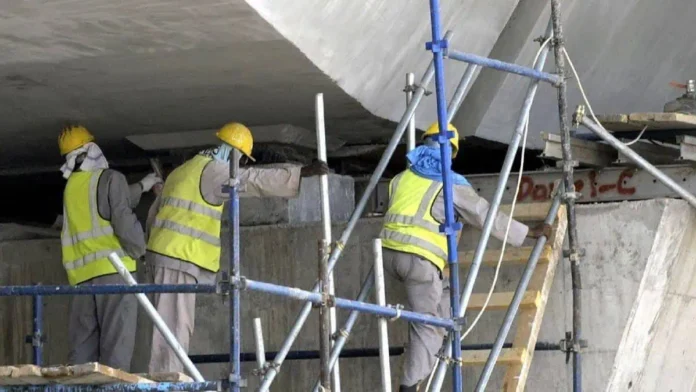Saudi Arabia’s skill-based work permits system has officially launched. This marks a major step in the Kingdom’s push to attract specialized foreign professionals. The new three-tier classification system, active since July 1, aims to streamline labor market efficiency. It supports Vision 2030’s economic diversification goals.
Therefore, the Ministry of Human Resources now categorizes foreign workers as high-skill, skilled, or basicbased on qualifications, experience, and wage levels. Minister Ahmed al-Rajhi emphasized that Saudi Arabia’s skill-based work permits will prioritize expertise transfer and innovation. Current expatriates began reclassification on June 18 via the Qiwa digital platform.
In addition, alongside attracting foreign expertise, Saudi Arabia’s skill-based work permits system includes provisions to upskill local workers. This is done through knowledge transfer initiatives. The ministry has mandated that companies hiring high-skill expatriates must implement structured training programs. These programs are for Saudi employees, ensuring the long-term development of domestic talent.
This dual approach not only fills immediate project needs, but also aligns with Vision 2030’s goal. It aims to increase Saudi employment in technical and specialized fields from 40% to 60% by 2030. Industry analysts note this strategy could create a more balanced workforce. It will also reduce the Kingdom’s historical reliance on expatriate labor in key sectors.
This reform comes as Saudi Arabia races to staff NEOM, the Red Sea Project, and other mega-developments. Demand for engineers, tech specialists, and tourism professionals has surged, requiring a more structured talent pipeline. The government states the system will reduce skill mismatches and phase out reliance on low-wage labor.
Recent data shows Saudi unemployment at a historic low of 2.8%, with expatriate joblessness at just 0.8%. Foreign workers comprise 44.4% of the population, with nearly 90% employed in productive sectors. The new permits align with the expanded Professional Verification Program, which screens qualifications from 128 countries.


